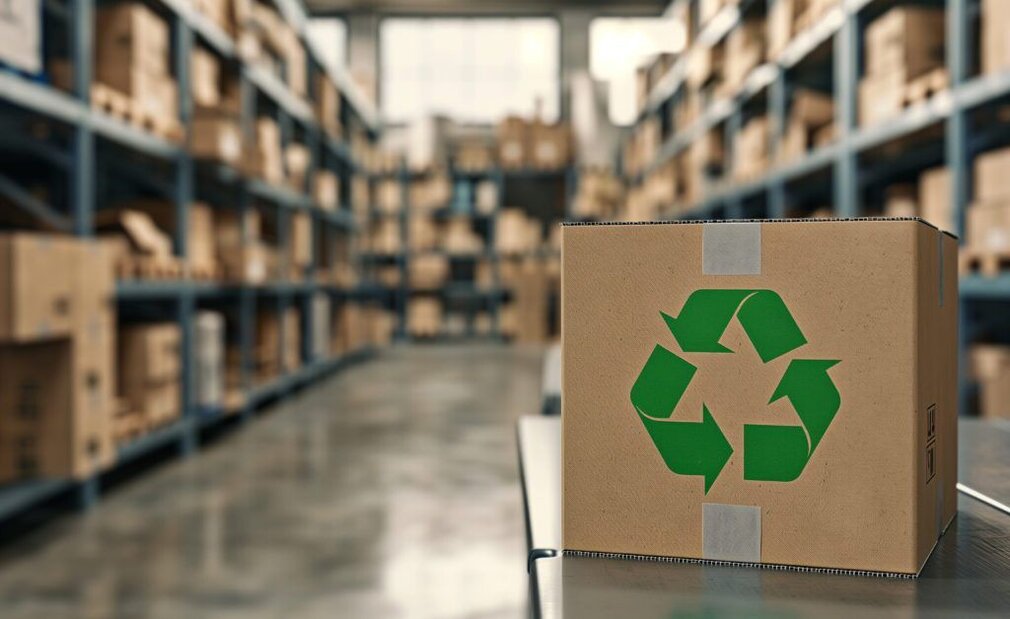
Extended Producer Responsibility: What It Means for Foodservice Packaging
State-level EPR laws and regulations are reshaping packaging decisions. Here’s what’s changing, and how ACR is helping operators stay compliant and competitive.
Extended Producer Responsibility (EPR) in the United States is a policy approach where producers are held responsible for the end-of-life management of their products and packaging. This means manufacturers, brands, and importers must fund or manage the collection, recycling, or disposal of products they introduce to the market. The goal is to reduce waste, drive circularity, and shift the financial and operational burden of waste management away from local governments and taxpayers.
In the U.S., EPR is implemented at the state level, not federally. Currently, states like California, Oregon, Colorado, and Maine have active EPR laws specifically for packaging. Others, including Washington, Maryland, and New York, are considering legislation or have pilot programs in progress. Obligated parties typically include consumer product companies and private label retailers. Why it matters: EPR is reshaping supply chains, forcing companies to rethink material use, invest in recyclability, and stay ahead of state-by-state compliance. With momentum building, especially on packaging, EPR is no longer a fringe regulatory concept, becoming a competitive and operational imperative.
At ACR, we proactively partner with legal and regulatory experts to monitor emerging EPR legislation and ensure our strategy remains future proof. This collaboration positions us ahead of the curve, enabling us to anticipate regulatory shifts, adapt quickly, and guide our customers through compliance with confidence.
*DEVELOPING STORY: Further updates on Extended Producer Responsibility (EPR) will be shared as state-level legislative developments continue to unfold.
Follow Unwrapped!
Follow Unwrapped!
